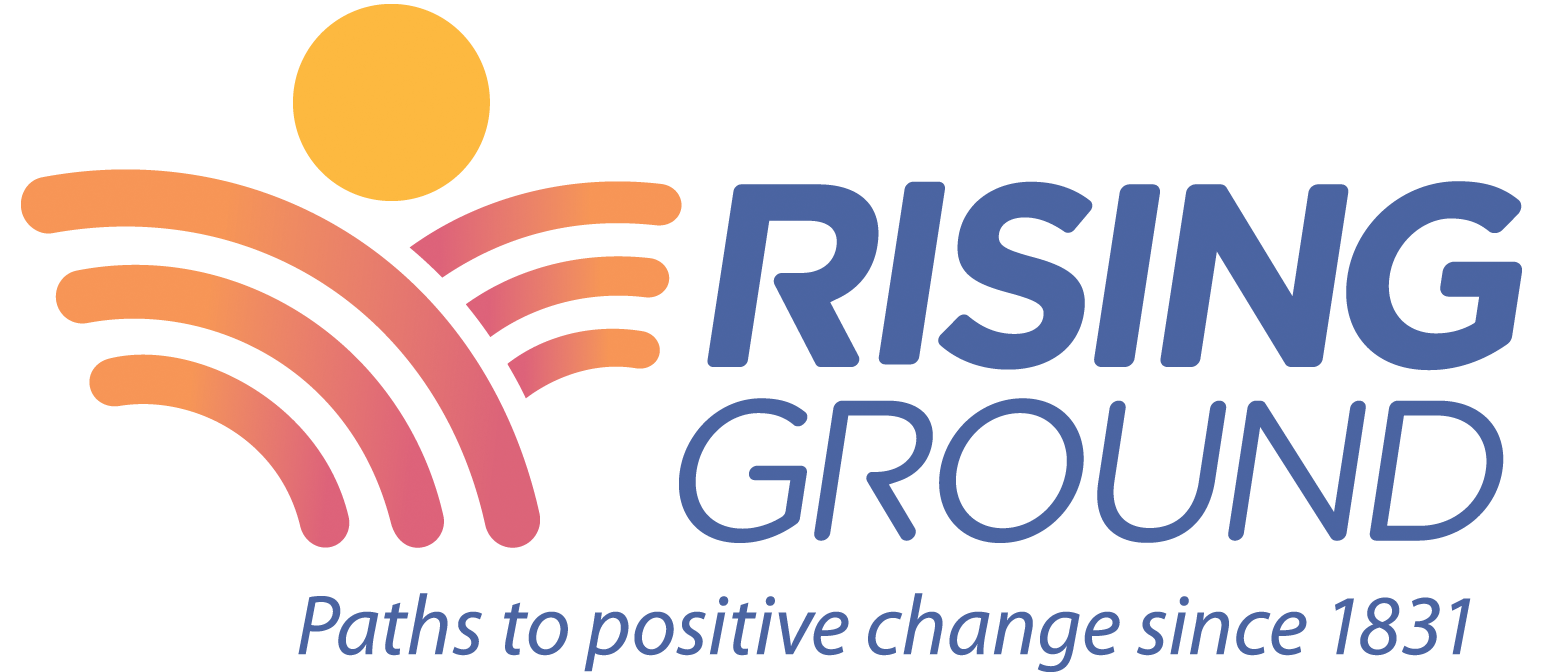News
Co-Parenting in Foster Care: A First in New York City!
Rising Ground to Expand the Role of Foster Parents in Supporting Both the Child and Family to Speed Up Reconciliation
October 20, 2019 - Rising Ground, a leading human services provider in New York City, is piloting a new practice in which parents and foster parents will co-parent a child while the child is in foster care, announced Alan Mucatel, CEO of Rising Ground, today. He noted that similar programs in other states have shown that shared parenting reduces stress for children in foster care; speeds family reunification; and enhances the family’s ability to stay together after a child returns.
“Our goal is to make co-parenting the standard practice for every family supported by our Family Foster Care program,” he said. “Incorporating co-parenting in our services will change how Rising Ground has traditionally worked with foster parents, who can now play an even greater role in helping a family. We are looking to transform the role of foster parent so that they contribute to more successful reunification with the child’s family.” He pointed out that foster parents will receive additional training and be treated as partners in supporting families.
There are several reasons why providers should be encouraged to make greater use of foster parents in family foster care. First, parents can more easily relate to their child’s foster parent than to a child welfare worker. Second, as co-parents, the child’s family and foster parents interact with each other several times a week or even daily—far more frequently than parents meet with child welfare professionals.
“For children, a co-parenting approach means that their parents continue to be closely involved in their day-to-day world,” Mucatel explained. In conventional foster care, parental contact is all too often limited. In a co-parenting practice, parents are encouraged to communicate frequently by telephone and FaceTime®-like apps. Parents can read bedtime stories to their children; foster parents can call mom with questions about the child. Furthermore, the child is less likely to feel a divided loyalty between the child’s parents and foster parent.
Establishing a co-operative relationship
At present, the co-parenting pilot is in a six-month planning phase, during which time Rising Ground will develop a detailed protocol and hire a co-parenting facilitator—a clinician with marriage and family counseling experience—to guide the parent and foster parent’s relationship. The idea is to bring the parent and foster parent together within days of a child’s placement in the foster home. At that point, parents may still be angry that their child was removed from the home.
“Co-parenting may not come naturally, and it will take time to develop trust, but the investment in building a close relationship between parents and foster parents will pay dividends for years to come,” explains Amiee Abusch, Vice President of Family Foster Care and Adoption at Rising Ground. “The bond between child and parent will remain strong. The parent will develop parenting skills and confidence.”
The two-year pilot program is funded by a $200,000 grant from the Redlich Horwitz Foundation, whose mission is to improve the child welfare system in New York. Sarah Chiles, executive director, noted that: “We’re thrilled that Rising Ground is prioritizing a culture of shared parenting and collaboration between the family of origin and the foster parent. We are really hopeful that this will demonstrate a successful approach to expediting family reunification for the rest of the state.”
Chiles continued “We have to change the system so that parents can remain highly engaged in the parenting of their children, and so that they can benefit from the relationship forged with the foster parent. All of us as parents can learn from other parents.”
For press inquiries, please contact Jeannie Ashford at Harrison Edwards PR at [email protected] or 914-242-0010 x 103.
